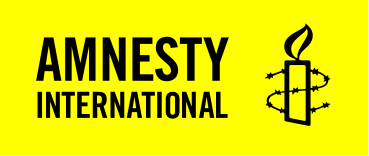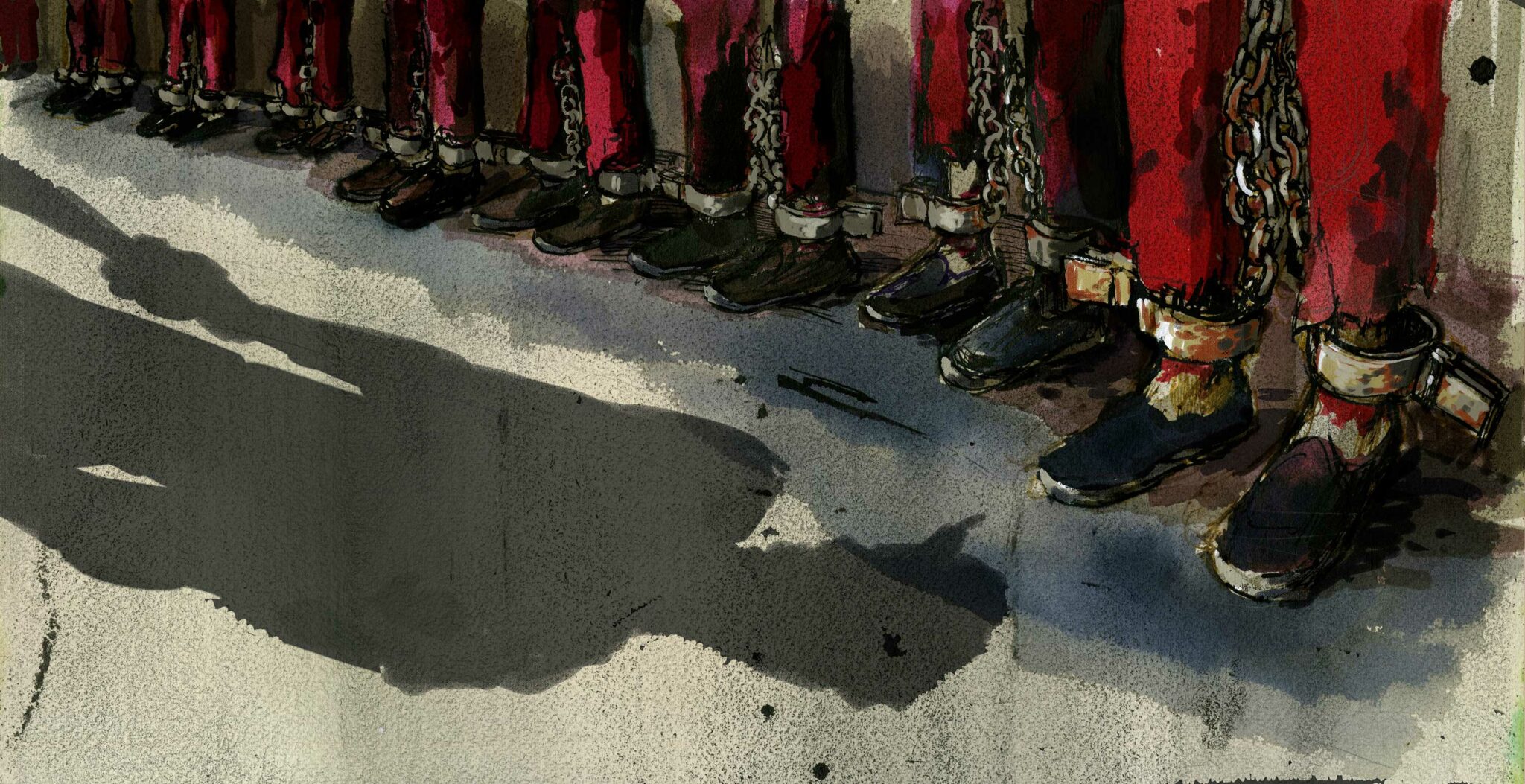Fair trial guarantees under international law
The right to a fair trial, as recognized in Articles 10 and 11 of the Universal Declaration of Human Rights and expressed in detail in Article 14 of the ICCPR and other international legal provisions, has become legally binding on all states as part of customary international law. When an individual is confronted by the machinery of the state, how that person is treated provides a concrete demonstration of how well that state respects individual human rights and the rule of law. The necessary safeguards are heightened if the individual faces criminal charges, trial, and sanctions (and the state’s commitment is tested even more when a person is accused of threatening the security of a society, such as through acts of terrorism, or the security of those who hold power). [[[Amnesty International, “Fair Trial Manual”, 2014 →]]]
Everyone, including those accused of criminal offences and victims of crime, has a right to equal access to the courts, without discrimination. A fundamental principle and prerequisite of a fair trial is that the tribunal charged with making decisions in a case must be established by law and be competent, independent, and impartial. The right to a public hearing is an essential safeguard of the fairness and independence of the judicial process and is a means of protecting public confidence in the justice system, with only limited exceptions allowing closed trials. Even before any trial or sentence, anyone deprived of their liberty
- must be informed clearly and specifically of the reasons they are being deprived of their liberty, in writing and in a language they understand;
- must be promptly informed of their rights and receive an effective opportunity to challenge the legality of their detention before a judicial body that has the power to order the person’s release; and
- must be given prompt access to independent legal assistance of their own choosing. [[[Article 9 of the ICCPR; HRC Concluding Observations: Sudan, UN Doc. CCPR/C/79/Add.85 (1997) §13; CAT General Comment 2, §13.]]]
If someone is charged with a criminal offence, other fundamental principles included in the right to a fair trial are the rights to be presumed innocent until and unless proved guilty according to law after a fair trial, and the right not to incriminate oneself, including not being forced to “confess” guilt. If an accused person alleges during the course of proceedings that they have been compelled to make a statement or to confess guilt, a judge should have the authority to consider the allegation at any stage. All those charged with criminal offences have the right to defend themselves, in person or through a lawyer. They have the right to be assisted by a lawyer of their choice or to have a competent lawyer assigned to assist them.
No one may be convicted for an act or an omission that did not constitute a criminal offence under national or international law at the time it was committed. [[[Article 11(2) of the UDHR, Article 15 of the ICCPR, Article 19(1) of the Migrant Workers Convention.]]] Punishments must be proportionate and may not violate international standards.



